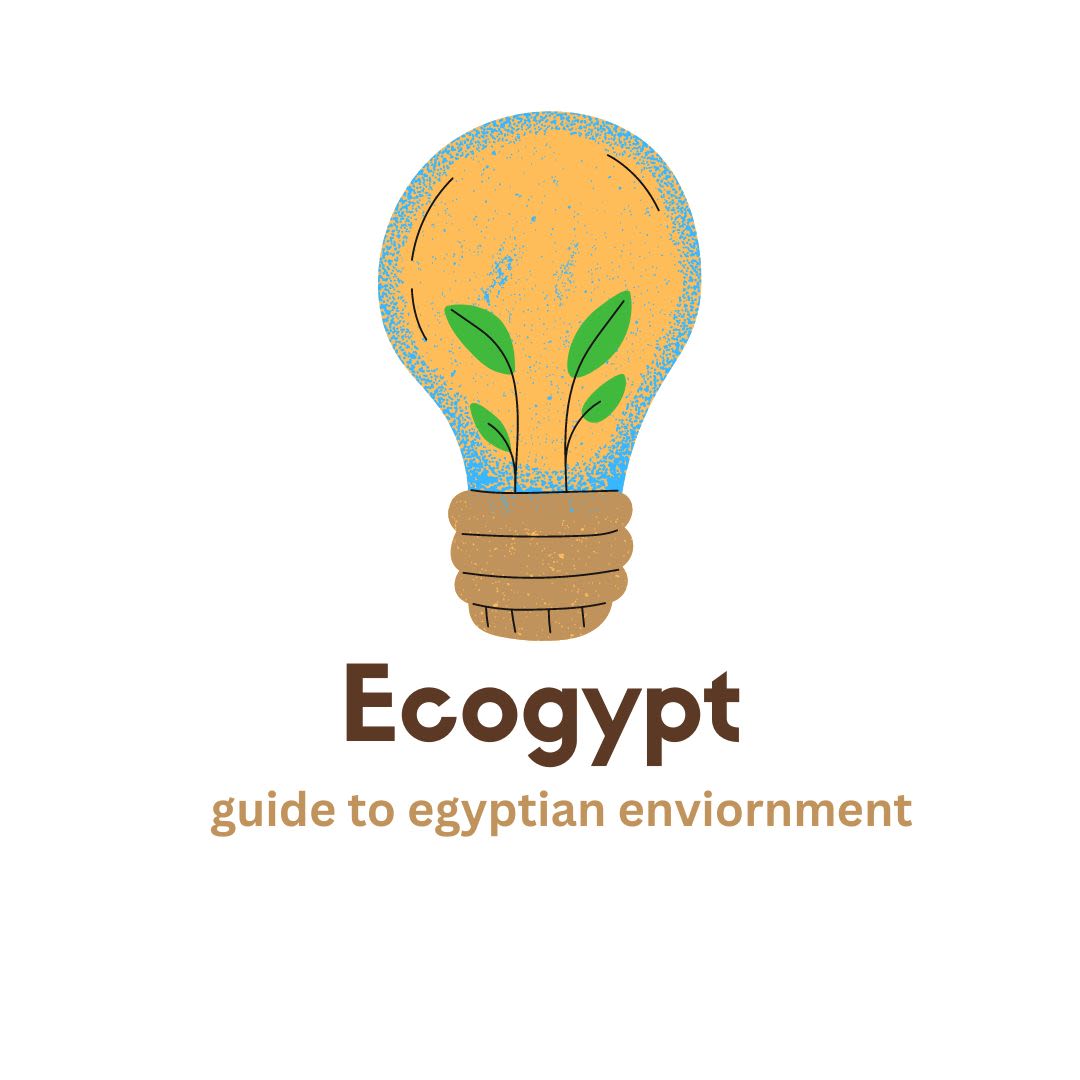Ecogypt
Guide to Egyptian environment
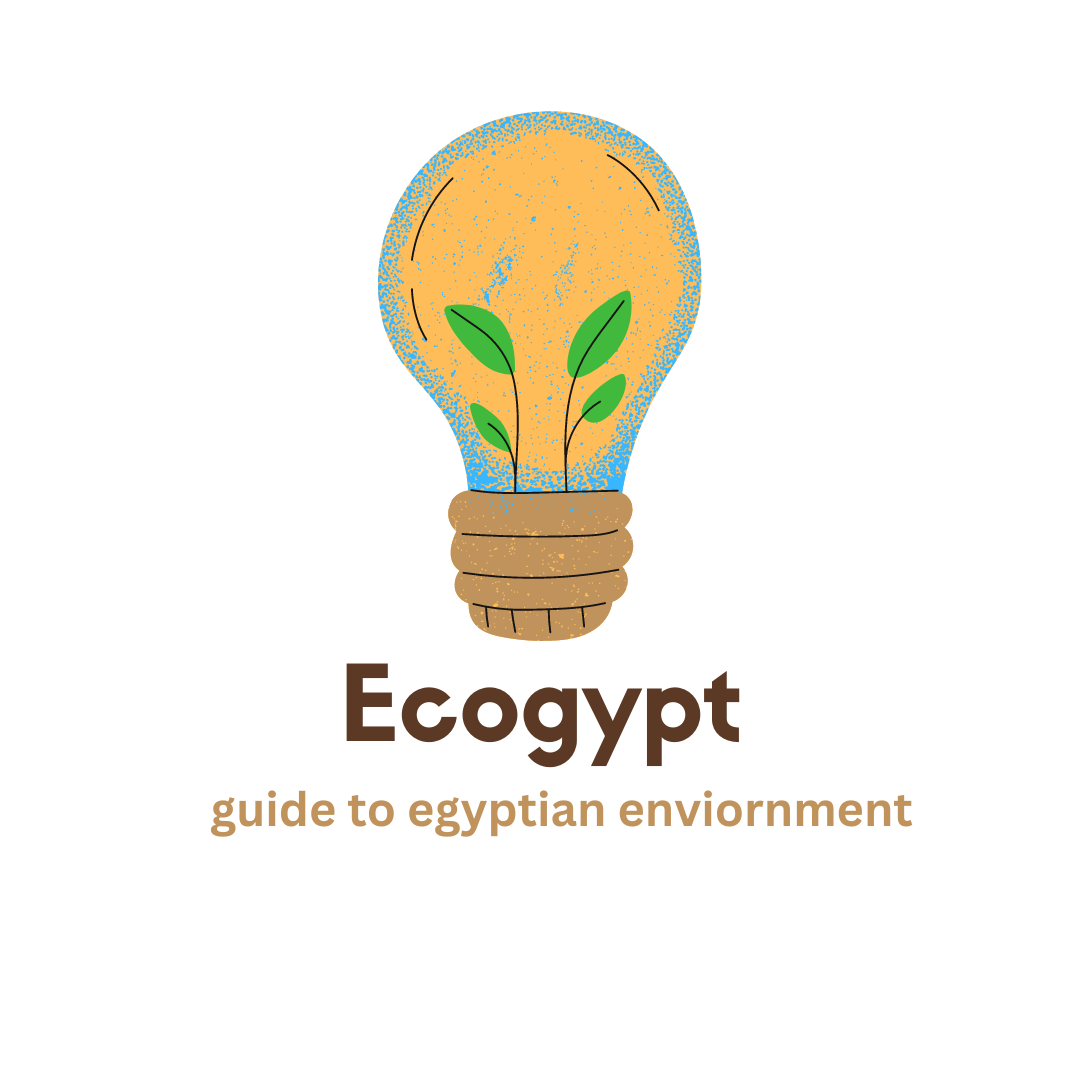
Your Guide To Egyptian Initatives, Future Lifesavers
Egypt consumes 12 billion plastic bags annually:
The volume of waste in Egypt amounts to 90 million tons annually, of which 26 million tons is solid waste, of which plastic represents 6%, as Egypt’s annual consumption of plastic bags is 12 billion bags, and that doubling waste recycling work is very important to eliminate this problem.
Egypt's consumption of plastic bottles is estimated at 13 billion bottles annually, and this number, if thrown into the Nile, is sufficient to cover the entire river, and for this we must try to recycle to preserve the environment and prevent encroachment on the Nile and life in general.
The study revealed that Egypt annually produces 16.2 million tons of waste, of which plastic constitutes 6%, or about 970 thousand tons of plastic waste annually. Left uncollected, it is subject to burning in harmful ways.
The study indicated that Egypt consumes about 12 billion plastic bags annually, as plastic consumption per capita reached 25 kilograms in 2012, a figure that has doubled in recent years, as the demand growth rate reached 6% annually since 2006, and in 2014 Egypt consumed about 2.07 million tons. One million tons of plastic raw materials, 28% of which is produced locally, while the rest is imported. Most of the quantities of plastic bags are concentrated in Greater Cairo, the Delta region, and Alexandria, accounting for 40%, 23%, and 12%, respectively.
The current status of production, consumption, and consumer quality was studied, and it was found that a large amount of it is used by commercial chains, as the consumption of large chains and groceries exceeds 39% of the total consumption of plastic bags in Egypt, followed by vegetable and fruit stores with a total of 20%, then stores and shops with a total of 17. %, which prompted the Ministry to take experimental measures by implementing initiatives to replace the bags in those chains with biodegradable ones. Appropriate policies were also drawn up to create special incentive mechanisms for manufacturers to find an alternative to production, such as biodegradable plastic bags, in coordination with the Ministry of Commerce and Industry and the Federation of Industries and Partners.
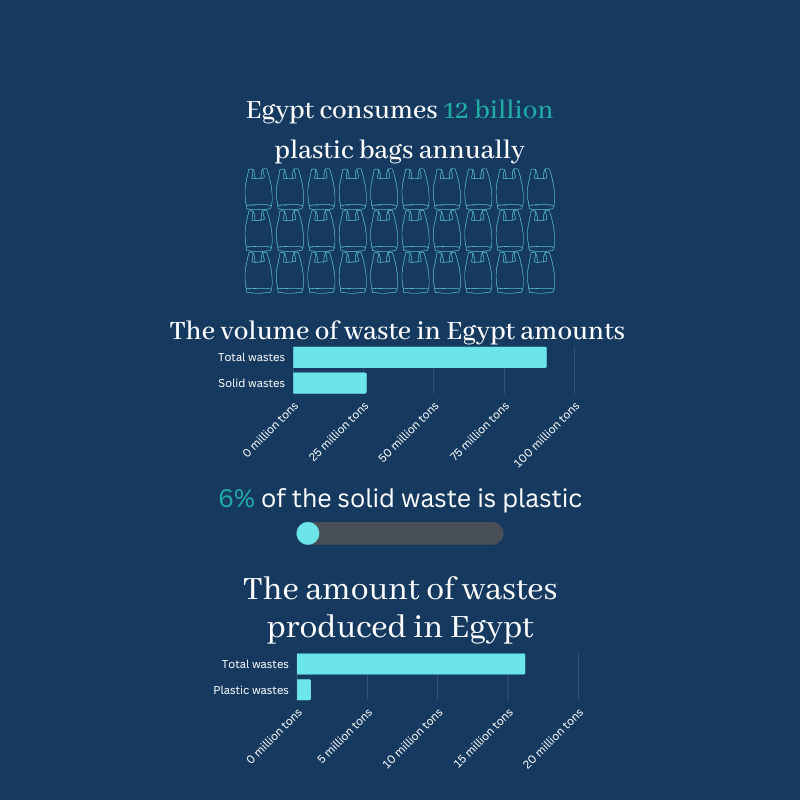

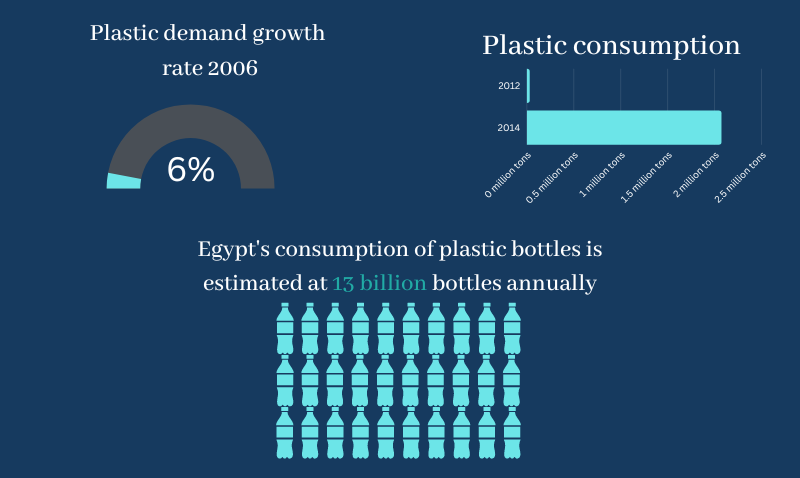
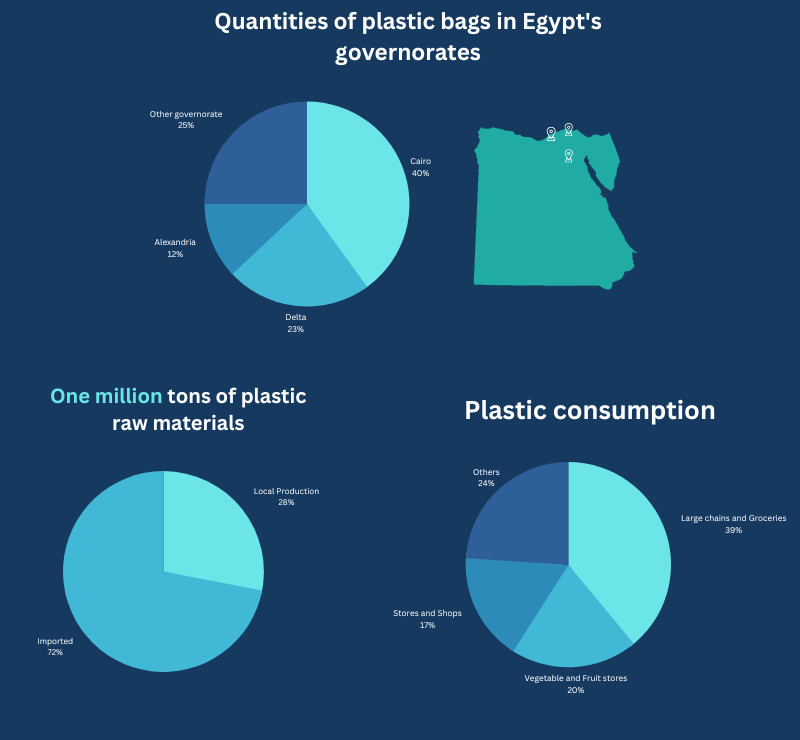



The consumption of plastic affects the climate change; it is so dangerous that it has a bad effect on the environment. Therefore, some people made initiatives to take a step towards, to find a solution to this problem and stop this danger. Going single-use plastic-free in Egypt is a big challenge, but small initiatives can create collective impact; their goal is to raise the people awareness about this issue. They made campaigns, events,,etc.. They try in different ways to convince and support people to reduce their plastic consumption so they make projects like clean-up campaigns (beach cleanups), awareness-building activities, workshops; they offer alternatives material etc. to achieve their goals. They also try to find a solution in an interesting way while convincing them, for example, they make competitions between shops about who will give the customers more tote bags for example, and they give a reward to the people if they collected a big number of plastic.
From another side, they are trying to make a bright future because they are supporting the youth and convincing them, not only that, but they also make them participate in these projects as volunteers in these initiatives, and volunteers are the most important elements for them.
The initiatives has vital role in this issue to the extent that the government is supporting them, as there was a graduation project that university students did and the Ministry of Environment were highly supportive of the initiative, praising the students involved for their interest in the environment and health. The ministry will facilitate the students through the process of the project. Earlier, the Ministry of Environment had launched an EU-funded initiative called “Enough Plastic Bags” in 2017, to eliminate the country’s dependence on plastic bags, due to their negative economic and environmental effects. Finally, the government and the initiatives also did a great effort in COP 27 event like ‘Good Water’ using cartoon bottles instead of plastic and that is what we will know more about in the following video from Karim Khalaf one of the volunteers.
Here's the interview we conducted with Karim Khalaf one of COP's volunteers talking about plastic growth in Egypt and the efforts that Egypt is exerting to reduce it.
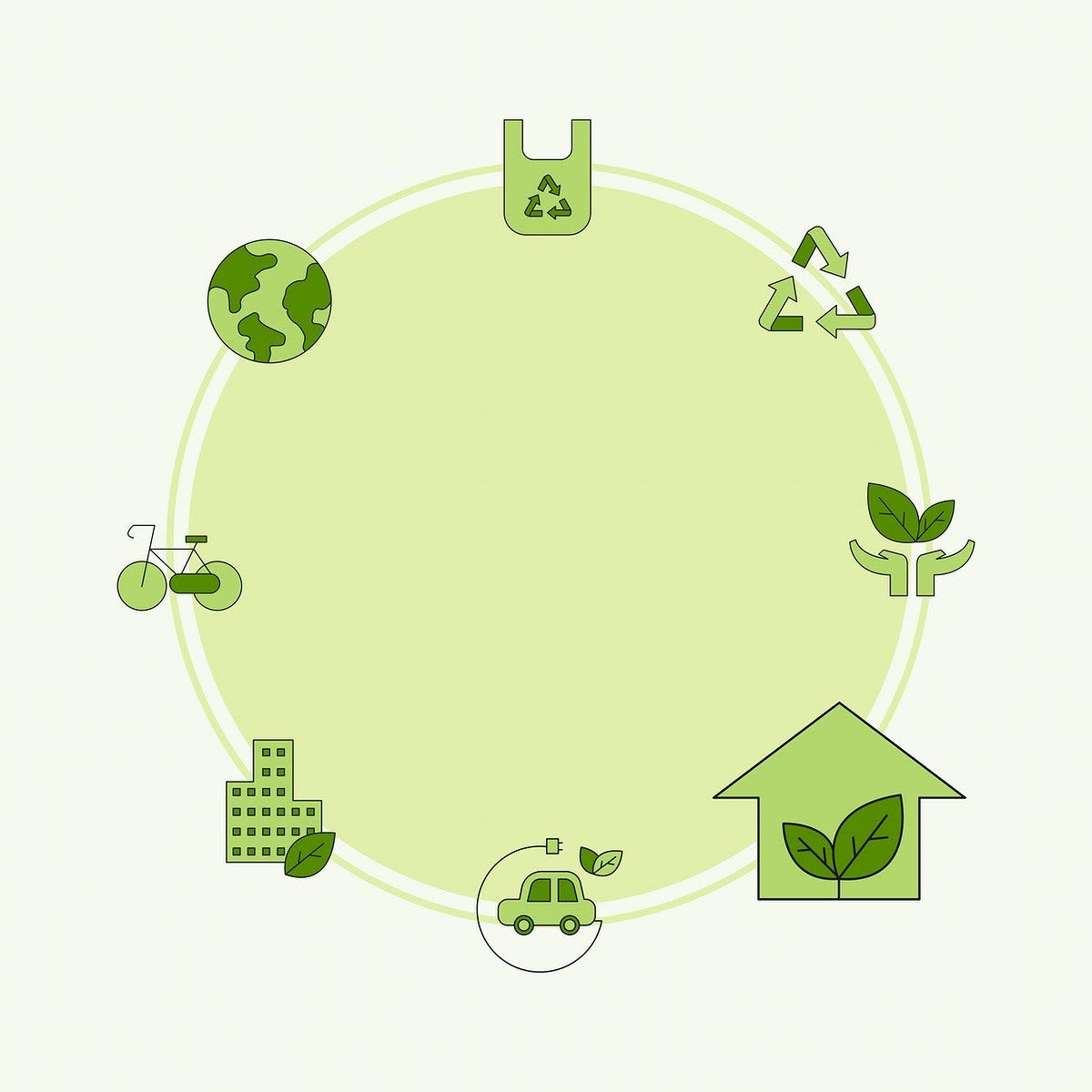



Highlighting the role of environmental initiatives in Egypt, “Bekia” is one of the most important initiatives to be taken into consideration. It is an emerging start-up company that is interested in solving environmental issues by providing its service of collecting plastic dumps and sending it to specialized recycling factories and replacing the customers’ items with cash. The idea started by a computer science graduate called “Alaa Afify” in 2015 as a goal to serve the community and to be achieved within the following couple of years. He started by developing the website and social media accounts for the company and saving capital for the company to be launched officially. The company started working officially in 2017 and after 6 months, it received its first order from a customer who is now one of the most loyal customers to it. Surprisingly, 80% of Bekia’s customers are mothers and housewives of over 35 years old while the other 20% of the customers are youth who are interested in recycling ranging from 20 to 30 years old. This may be an indicator for the company that they’re on the right track as the awareness is widely spread among the elder generations not just the youth. May be not all customers are concerned about the environmental issues, may be there is a percentage that’s more concerned about the cash back they got from using the service but even on this case there’s an opportunity to change the culture of plastic consumption in Egypt which is the ultimate goal of the company. Bekia is concerned about shifting the citizens’ attitude from getting rid of plastic dumps to the recycling process in general whether via their company or other companies. It is not about monopolizing the idea, it is just about considering that perspective in people’s minds. For Alaa, the cause of the company was and still worthy of attracting people towards it without paying for any other companies to market for them or spread their name among the community. As he said: “The cause of the company is huge enough”. His quote has been proved by the support of many actresses as: Arwa Gouda and Ola Roushdy, also, companies and brands as: Orange and Decathlon and banks as: Alex Bank.
This ultimate goal doesn’t mean that Bekia is not aiming for strengthening its name and increasing its customers. That’s why they are launching some campaigns that can boost their power and reputation within the field of recycling, one of these campaigns was an event called “Little Fashionista”, it was for kids to challenge each others of creating a fashion item from old or wasted materials and providing gifts or money for the winners. The competition was sponsored by Bekia which had a huge effect on the company as it encouraged many parents to try the service. The company is still interested in launching such campaigns and holding events at schools to mainly focus on young generations and students to raise their awareness about the issue and implant that kind of thinking in their minds by providing them with awareness sessions about plastic consumptions, its disadvantages and consequences on the environment and also, providing workshops about recycling and its importance. The progress that Bekia’s company has achieved within the last couple of years is really recognizable and always tells that their I hope for a better future.
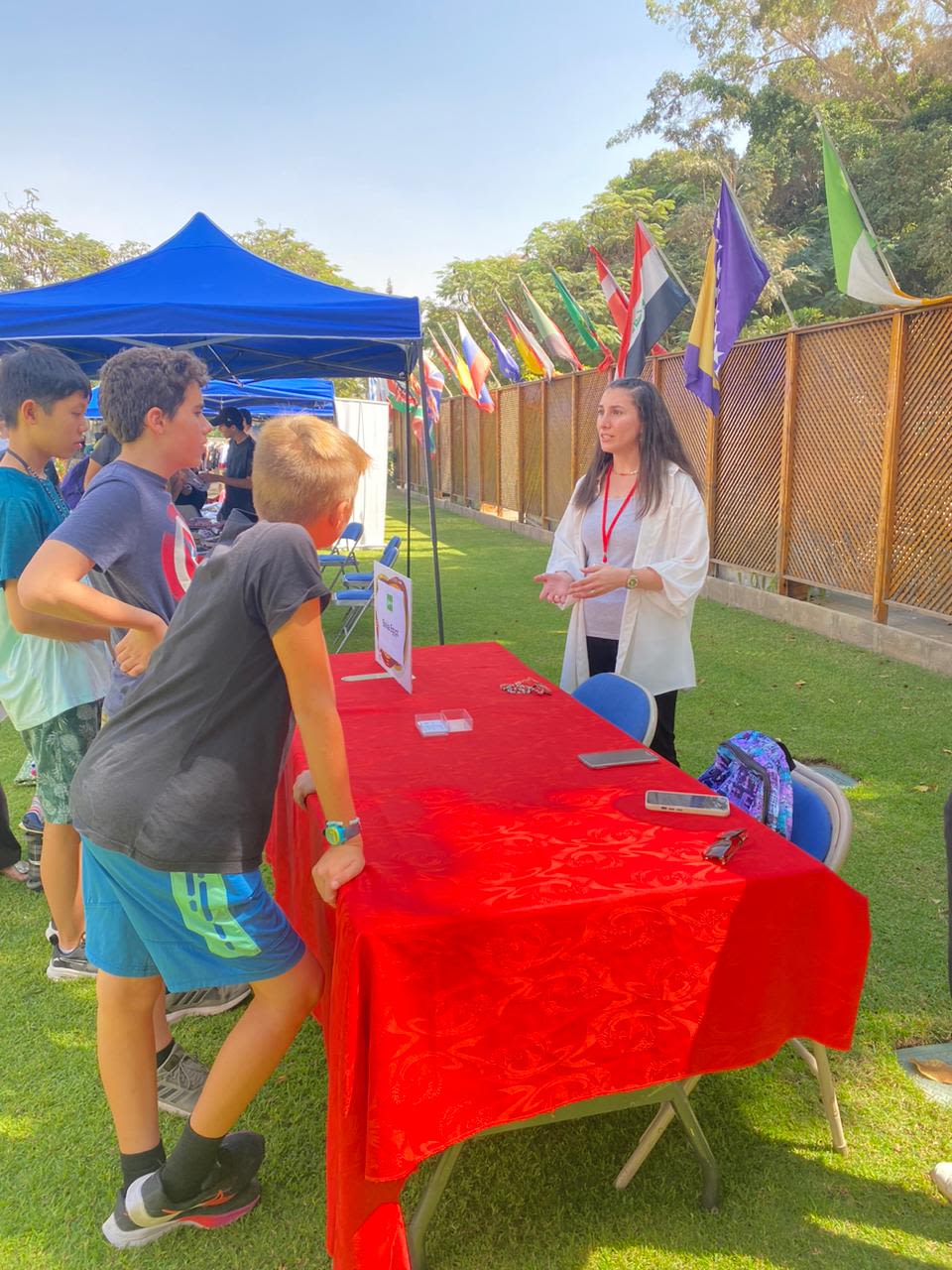

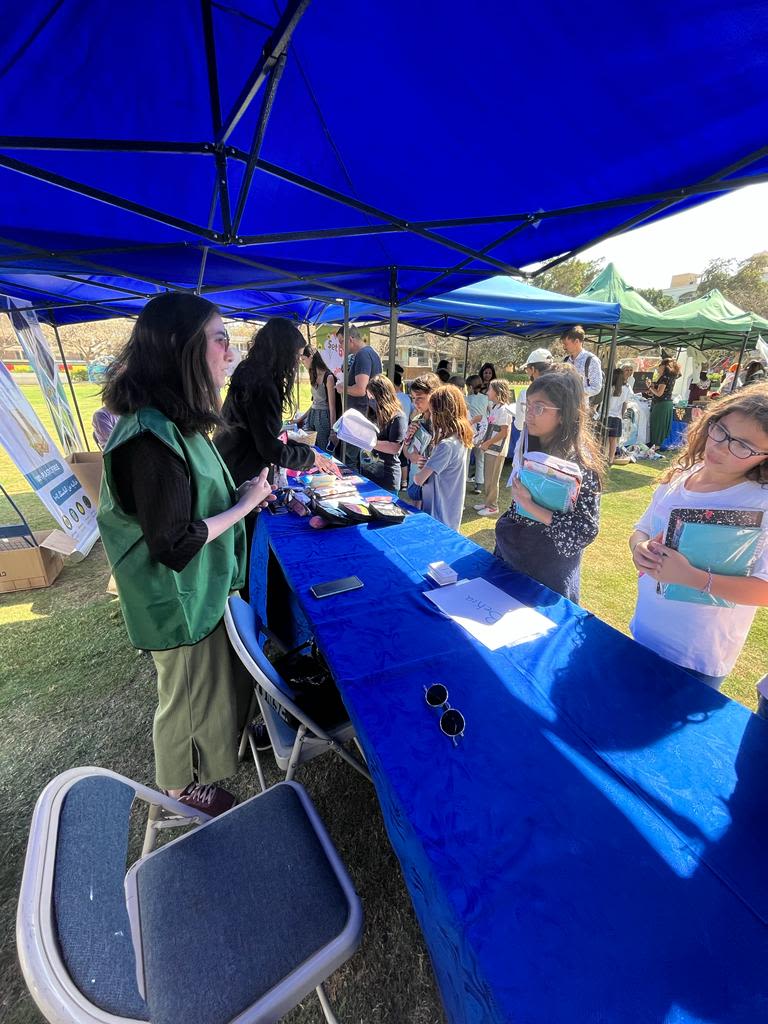

Issues that face initiatives in Egypt.
Many initiatives in Egypt are trying to convince people to decrease their plastic usage because of its danger to the environment and its effect on the climate change and they are aiming to spread environmental awareness. This a good action to the future and in saving the climate and the environment, but they are facing many issues here in Egypt, because they are used to use plastic and it is hard to convince people to change their habits and use other alternatives.
‘The implementation of the initiative will take three years, Egypt's Environment Minister Yasmine Fouad, adding that one year is not enough to achieve environmental awareness among all citizens.’
In addition, more challenges and issues face the initiatives like that people are used and have a culture that the plastic bags in the shops while buying anything is an essential item, also in the restaurant if they didn’t give you the plastic forks and spoons they are not giving you what you paid for. ‘This is called the great culture of generosity amongst Egyptians and it can be taboo to refuse an offer of something free.’ According to Ahmed from Banlastic organization, so they have first to change this culture.
There is also another challenge and issue which is they habit of the people and the laziness, for example why using the alternatives with multiple time usage and wash it or take care of it while I can buy the single-use plastic so easily, that’s what we will know from Sherine Abdel Rassoul founder of drumstick in the below audio.
Therefore, the challenges did not stop here; the problem with the alternatives is that they will take a lot of time to prove that we can use them instead of plastic, so the initiatives have to be patient until the alternatives can be transformed as a mainstream to the people. In addition, the alternatives are not spread out in every place, although it is easy to find the plastic everywhere and it is used in the daily basis. The plastic is more flexible, very lite in weight, very cheap material but the other alternatives are more expensive, so only a few people will afford them, so this is a big issue that faces the initiatives, let us listen together to the reason of this issue in the below audio.
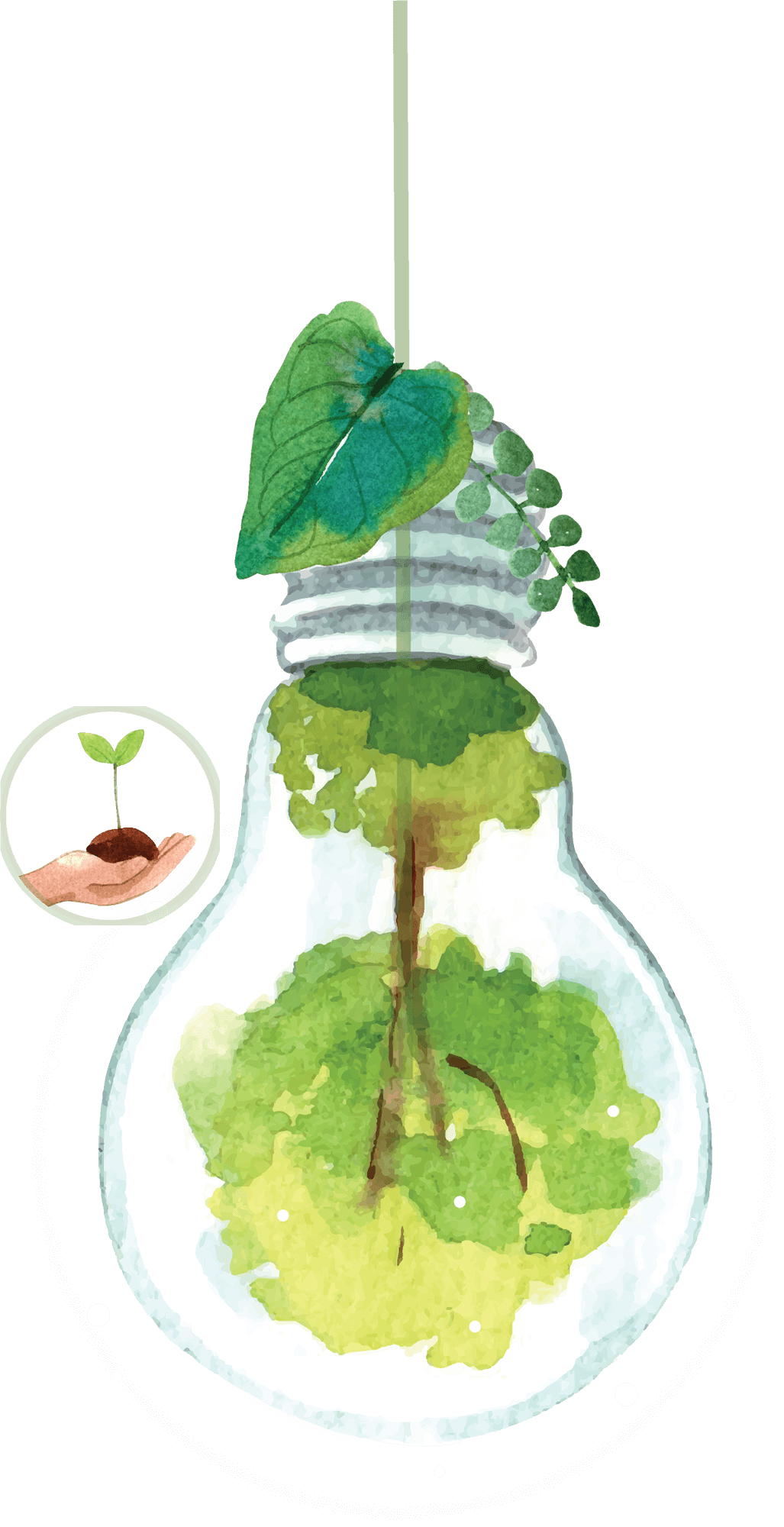



Our daily lives have been affected by plastic. But due to the amount of it there is and how long it lasts, plastic is one of our largest waste issues. The Global Plastics Plan outlines how we can address our plastics problem, and it is a global partnership by all of us. You may have a large influence as an individual by changing just a few elements of your plastic usage. There are some ideas you may use as a starting point. A plastic container is a part of your day if you eat at work. We advise you to switch up your routine and use glass or stainless steel containers instead of plastic ones. Your health will benefit from it as well as the environment because some of these plastic containers might release toxic chemicals. Avoid using single-use plastics like bags, plates, and straws. If you are going shopping, don't forget to bring a cloth bag. The condition of our earth will improve if we always utilize reusable bags, whether they be made of paper, fabric, or another material. We may all try to reduce the amount of plastic we purchase by avoiding unnecessary food packaging, whether it is through alternative grocery store selections or shopping in a different location. Additionally, compared to pre-packaged alternatives, loose fruit and vegetables are frequently less expensive. Unless there is a serious emergency, stop purchasing bottled water. Plastic water bottles are a simple way to cut waste. Keep a re-usable bottle near at hand instead. Decide to reuse some of the packaging and give it a new use. Reuse it rather than putting it away if you must purchase a plastic bottle or container from the grocery store. You can fill a bottle as many times as you'd want, and you may keep more food in containers. The effect of your efforts for the benefit of the earth will expand enormously if, in addition to decreasing your usage of plastic, you are able to persuade your family, friends, and coworkers to follow your lead by doing the same.




1-Sama Mohamed Mahmoud 20060439: Conducted an interview with drumstick founder About Plastic waste and alternatives in egypt and edited audio inserted in articles.
2-Rim Yasser Mahmoud El-Gamal 20060355: Brought the images (bekia organisation) and creating our shorthand website, designing and publishing.
3-Yara Yasser Ahmed 20060993: Infographics.
4-Joline Adel Bakhoum 20060206: Infographics, designing and publishing (shorthand).
5-Chantelle Hany Gamil Khalil 20060471: I wrote the text of the intro to the initiatives part and the issues that faces the initiatives part.
6-Maram Haitham Said Hegazy 20060681: Writing intro about plastic in Egypt.
7-Zeina Mohamed Ahmed 20060374: Video interviewing and editing the interview of Karim Khalaf.
8-Carl Amgad Tharwat 20060593: filming the interview of Karim Khalaf.
9-Donia Khaled Ismail Abu-shady 20060261: Wrote the role of bekia's company as an environmental initiative.
10-Marina Guirguis Nazeeh 20060632: Writing CTA.
